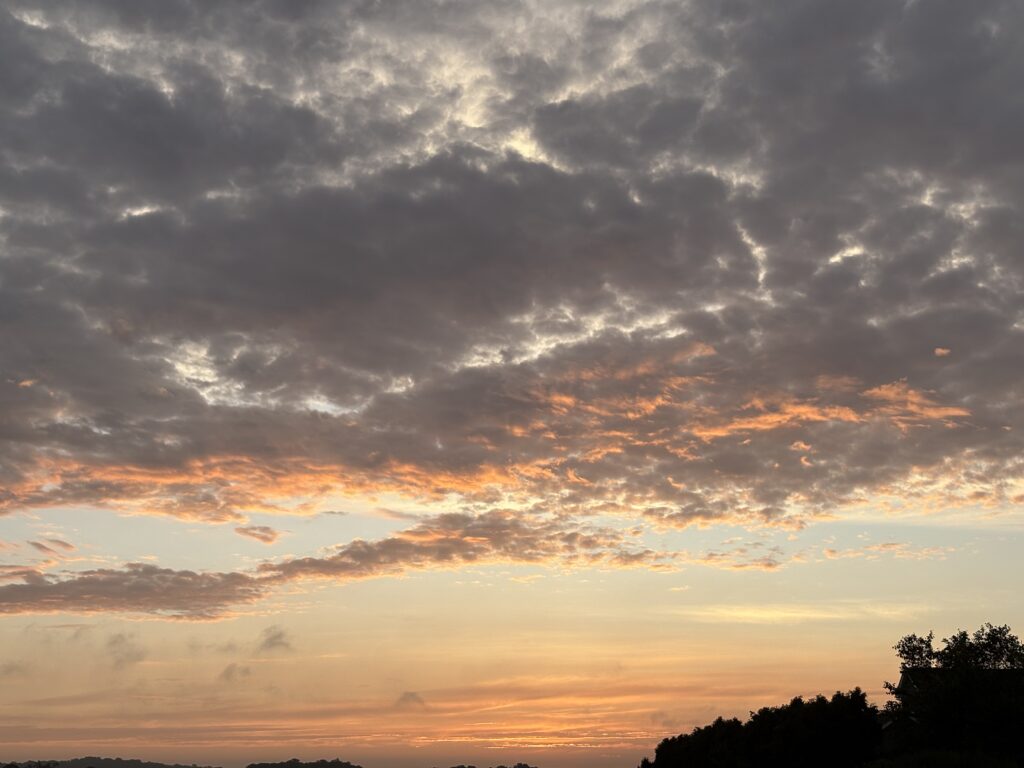Long Island Ducks: More than history

It was a culinary and historic disaster — bird flu striking the Crescent Duck Farm, the last duck farm on Long Island. Some 99,000 ducks, the farm’s entire flock, had to be euthanized because of bird flu striking it.
The future of the Crescent Duck involves several thousand eggs.
Not only is Crescent Farm the last of what had been many duck farms on Long Island, it has produced what many people think are the finest ducks to eat, certainly in the nation and probably in the world.
“Crescent Duck was started by Henry Corwin in 1908 in Aquebogue … on land that has been in our family since the middle 1600’s,” relates its website.
Under the heading “Long Island Tradition,” its website says: “The history of Long Island duckling began in early 1873 when a British resident of China, Major Ashley, obtained White Pekin ducks of unusual size, the eggs of which he later hatched.”
From Connecticut, “a small supply (one drake and three ducks)” came to Long Island. “These four ducks are the ancestors of today’s Long Island ducks.”
Although they were Pekin ducks, named for Peking, China, now called Beijing, I’ve been to Beijing and eaten there in restaurants specializing in ducks. (A touch of duck history: although named after Peking, now Beijing, they originated in Nanjing in China, the capital of China before Peking.) Crescent ducks, I’ve found, are far better than their antecedent ducks or other modern ducks. Duck meat can be stringy, but not from Crescent ducks, ever.
That has to do with a big change that happened in 1980, “a milestone year,” the Crescent Duck website has explained.
It was then that Doug Corwin, who became president of Crescent Duck Farm and was a graduate of the Cornell University College of Agriculture and Life Sciences, “began upgrading our breeding programs. Prior to this, birds were selected on farming traits such as good reproduction and growth. Douglas’ upgrade changed this process so that selections were directed toward breeding the meatiest and most succulent ducks.”
In an interview with Doug in better times, in 2016, he explained to me how he developed a breeding program resulting in more meaty ducks. Other duck farms produced “a very dry product, not succulent or moist,” he said. Leaving “plenty of skin fat” on Crescent ducks was his key to duck succulence. In my duck-eating experiences, there is nothing like the full breast meat of a Crescent duck.
I interviewed Doug after Crescent became the last Long Island duck farm. In 2015, the Chester Massey & Sons duck farm in Eastport closed.
The nemesis of Long Island duck farms was Suffolk’s first county executive, H. Lee Dennison. Waste that ran off from outdoor pens into creeks and bays was a major issue for Dennison. When I began as a journalist on Long Island in the early 1960s, Dennison continually criticized duck farms, concerned, early on, about nitrogen pollution in water bodies here. At Crescent Duck, however, as its website has noted, “in the 1960s the farm was dramatically upgraded in order to meet environmental responsibilities.”
Doug told me “we’ve spent a fortune” on waste treatment. There are no outdoor pens; all ducks are indoors. And after treatment, discharges are at “drinking water standard.”
“Crescent Duck Farm not shuttering; hopes rest on remaining eggs,” was the headline last week of a piece in the Reporter.
Doug is strongly pushing for federal approval for vaccination to prevent bird flu.
A WNBC-TV New York piece on the Crescent Duck situation said vaccination is “something larger industrial [duck] farms oppose because of its impact on international sales” with Doug maintaining that without vaccination “smaller operations will continue to be at risk of total ruin.”
Newsday has reported that Doug has sent a letter to newly named EPA administrator Lee Zeldin, a Shirley resident, saying: “We need a vaccine! … Vaccines are available and are being used in Europe for Avian Flu. We must start allowing farmers this protection.” He also has written to other federal, state and local officials.
The Newsday piece by Mark Harrington said Crescent Duck “was able to save upward of 10,000 sanitized eggs that will be hatched off the farm in the hopes of reviving the operation.” In it, Doug says: “Without our genetics” in the salvaged eggs “we cannot survive.”
My wife and I were recently celebrating our birthdays at a Sag Harbor restaurant and there it was — duck, still on the menu. I asked the waiter if it was any longer Crescent duck and he said that just a few days earlier the restaurant served the last of the Crescent duck it had. Now it was still serving duck, but from a farm in Maine.
Sitting along Route 24 in Flanders is the ferrocement “Big Duck” built in 1931 by Riverhead duck farmer Martin Mauer to sell his ducks and eggs. Now Suffolk County-owned and on Southampton Town-owned land, it’s on the National Register of Historic Places. It’s a U.S. landmark.
Hopefully, Long Island duck is more than history.









